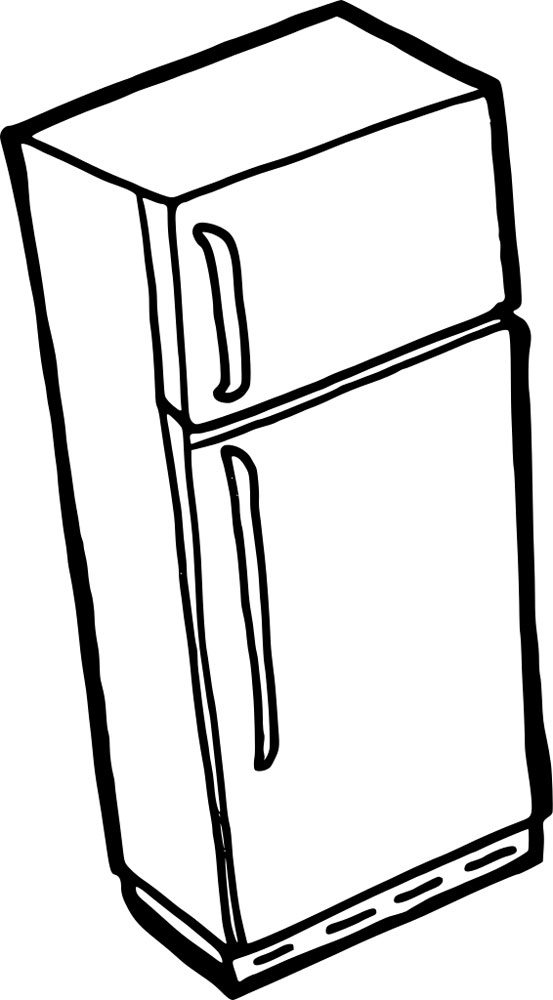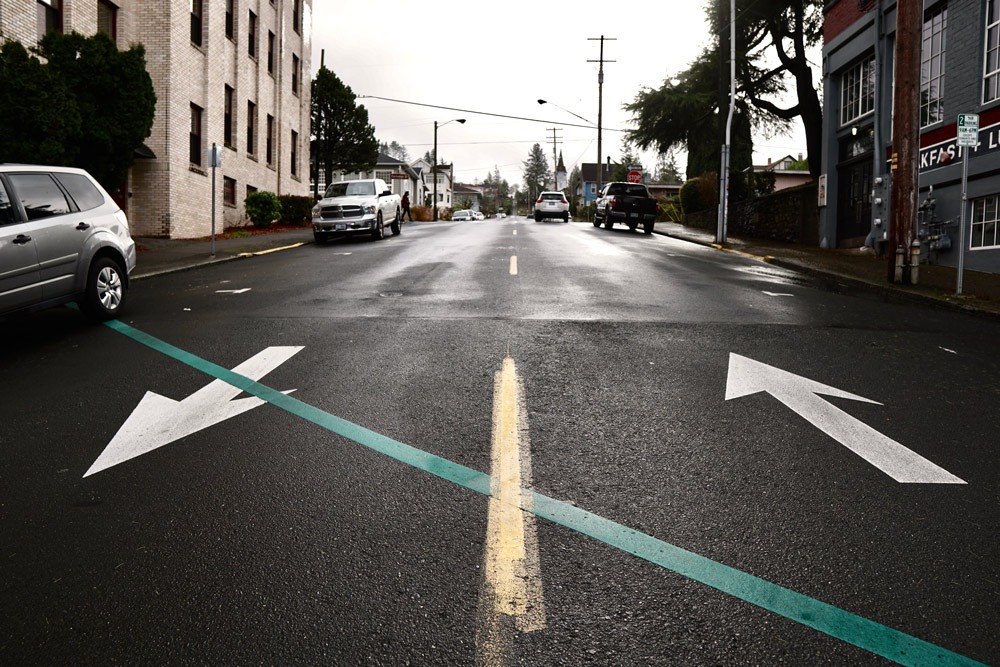
August 6, 2020; El Paso Times
In disaster’s wake, people find ways to serve each other’s basic needs. It’s a form of mutual aid, an enactment of the commons under stress; it reinforces our capacity to act in ways that are loving and reciprocal, and it can take some unusual but simple forms.
The Alliance of Border Collaboratives in El Paso moved their breakroom fridge onto their office porch, where members of the community can access food at any time—no supervision required. There’s only one rule—a sign on the door that reads, “Take what you need but leave what you don’t.”
“They can come and get whatever they want,” says Ernesto Alvarado, a member of the community. He doesn’t just help organize and replenish the contents of the fridge, he makes use of it himself. His construction job ended in March, and what he gets in cash assistance does not go far enough to pay for food.
Sign up for our free newsletters
Subscribe to NPQ's newsletters to have our top stories delivered directly to your inbox.
By signing up, you agree to our privacy policy and terms of use, and to receive messages from NPQ and our partners.
Alliance staff moved the fridge when their own hours became more limited. It stays stocked with water and food that doesn’t necessarily have to be prepared, making it accessible to community members without homes. And, in contrast to many other food distribution programs that are drive-up for safety, the fridge is accessible by foot.
“El Paso has a lot of things that are drive-thru because they’re safe to the people that are doing it, and they’re safe to the people that are requesting the services or the items,” said Sarai Hernandez, research assistant at the Alliance of Border Collaboratives, to the El Paso Times’ Veronica Martinez. “But I think El Paso forgets that a lot of people don’t drive, and it’s mainly the people that are in poverty and are homeless that are getting the short end of the stick.”
Communities of mutuality have the benefit of understanding what members really need, even when it doesn’t fit a program type. The fridge has been joined by a portable handwashing station, a pantry (inside the offices), and personal protective equipment supplies.
There is, of course, no excuse for the need for the fridge—for the situation where millions of families find themselves because Congress continues to prove itself unable to get out of its own way in a desperate effort to save a system that benefits very few while leaving others in desperate danger of losing everything. It is time for a change, and there is traction for it. The principles of mutuality and reciprocity, as I wrote in an article on the topic a few months ago, are as alive and well as those of heedless extractive capitalism if we concentrated on insisting it become a central principle of our shared economy.—Ruth McCambridge













